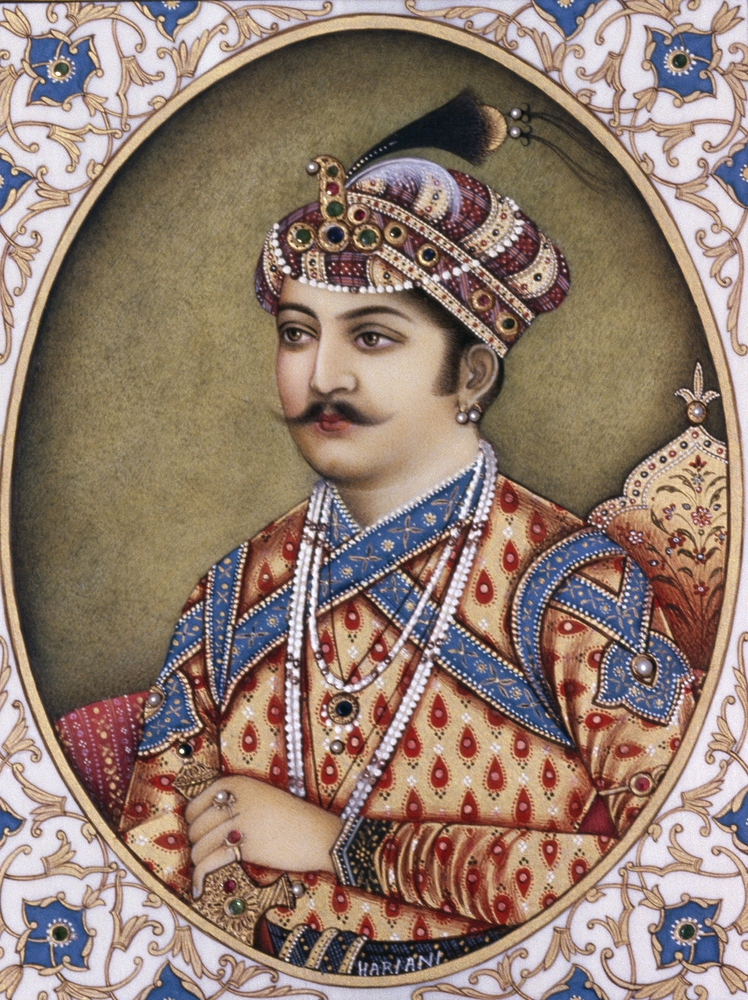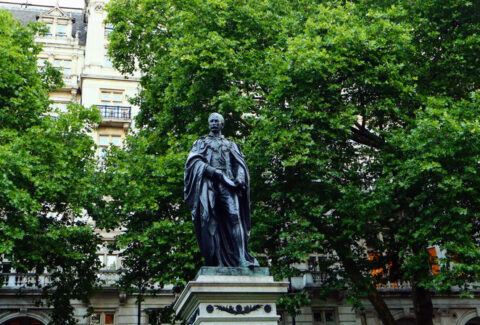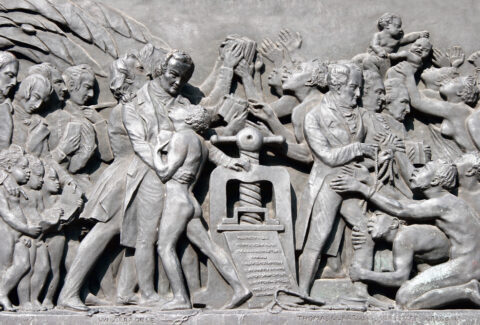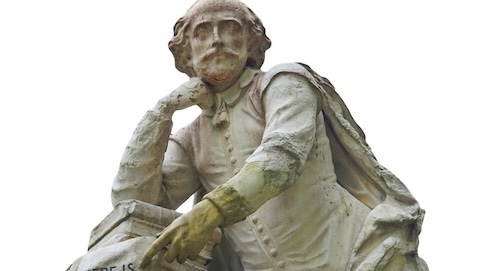Emperor Akbar’s Legacy: Fostering Inclusivity and Mental Well-Being
Emperor Akbar, a prominent ruler of the Mughal Empire[1], left an enduring legacy marked by his visionary approach to governance and social harmony. While directly linking historical figures to modern mental health care may present challenges, exploring Akbar’s principles offers insights into fostering inclusivity, tolerance, and collective mental well-being.
Religious Tolerance and Social Inclusivity:
Akbar’s policy of religious tolerance promoted coexistence and inclusivity.[2] In mental health care, fostering a climate of tolerance and inclusivity contributes to a supportive environment where individuals from diverse backgrounds feel accepted, enhancing their mental well-being.
Open Dialogue and Community Connection:
Akbar’s practice of engaging in open dialogues[3] with people of various beliefs parallels the importance of community connection in mental health care. Open communication fosters a sense of belonging and support, positively impacting collective mental well-being.
Cultural Enrichment and Emotional Resilience:
Akbar’s patronage of the arts and cultural exchange enriched the emotional experiences of his subjects.[4] In mental health care, engaging with cultural expressions contributes to emotional resilience, providing individuals with avenues for self-expression and connection.
Empowering Marginalized Communities:
Akbar’s efforts to empower[5] marginalized communities align with the importance of empowerment in mental health care. Empowering individuals who face mental health challenges involves reducing stigma, providing resources, and ensuring equal opportunities for all.
Educational Advancements and Intellectual Stimulation:
Akbar’s support for educational advancements contributes to intellectual stimulation. In mental health care, promoting continuous learning and intellectual engagement enriches emotional experiences, contributing to individuals’ overall well-being.[6]
Implementing Akbar’s principles in mental healthcare involves promoting religious tolerance, fostering open dialogue, engaging with cultural expressions, empowering marginalized communities, and supporting educational advancements. Mental health professionals can actively contribute by integrating these principles into therapeutic approaches, creating environments that support individuals on their mental well-being journeys within a framework of Akbar’s inclusive vision.
In conclusion, Emperor Akbar’s legacy offers valuable lessons for mental health care. While the approach to well-being has evolved, drawing inspiration from Akbar’s emphasis on inclusivity, open dialogue, cultural enrichment, empowerment, and education can contribute to creating environments that positively influence individuals’ mental health in the present day.
[1] Smith, Vincent Arthur. Akbar the great Mogul, 1542-1605. Dalcassian Publishing Company, 1917.
[2] Sadia, Khadija S. “Akbar’s Religious Reforms: Unifying Mortal Enemies.” (2019).
[3] Chakravorty, Meera. “Conflict Resolution and Indian Dialogical Traditions: Challenges, Resistance, and Celebration.” Towards a New Dharma of Peace Building: Conflict Transformations and Alternative Planetary Futures. Singapore: Springer Nature Singapore, 2024. 125-134.
[4] Koch, Ebba. “The intellectual and artistic climate of tolerance at akbar’s court.” Global art history (2018): 151-168.
[5] Akram, Hamza, and Zarwish Bint E. Ishaq. “A Discourse on the Institutions and Organizations of the Mughal Empire.” Jurnal Aplikasi Manajemen, Ekonomi dan Bisnis 7.2 (2023): 44-60.
[6] Majid, Afshan. “Pedagogy in Akbar’s Reign: A Big Historical Perspective.” Journal of Big History 6.1 (2023): 7-13.







